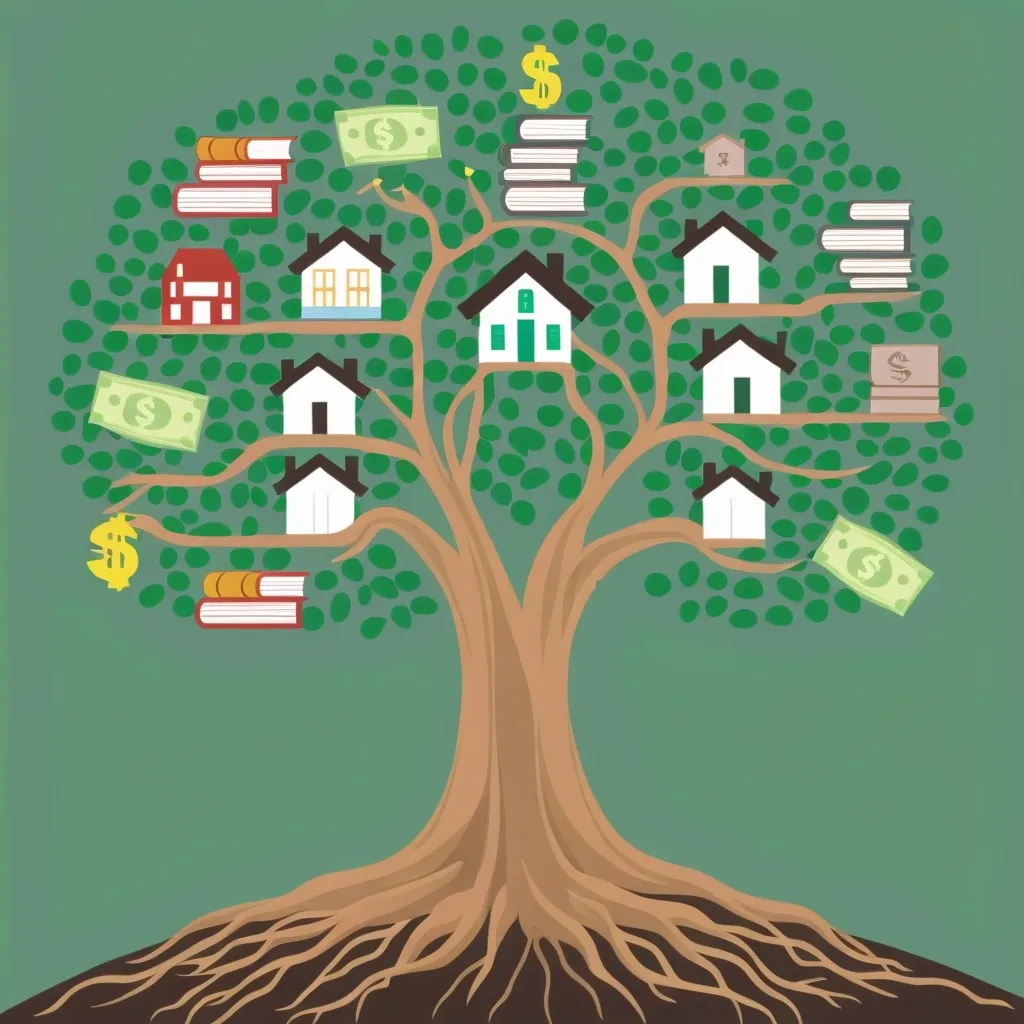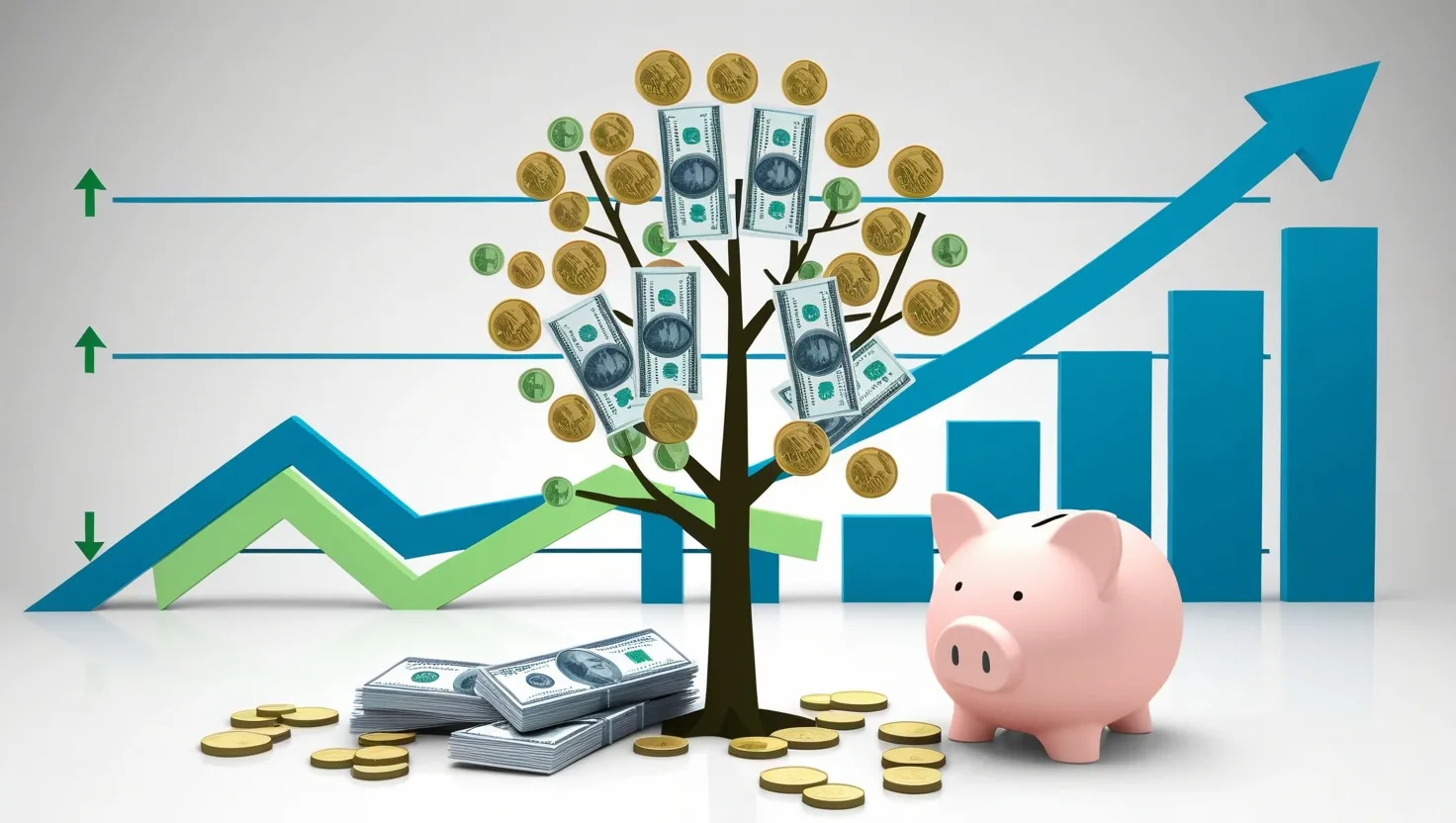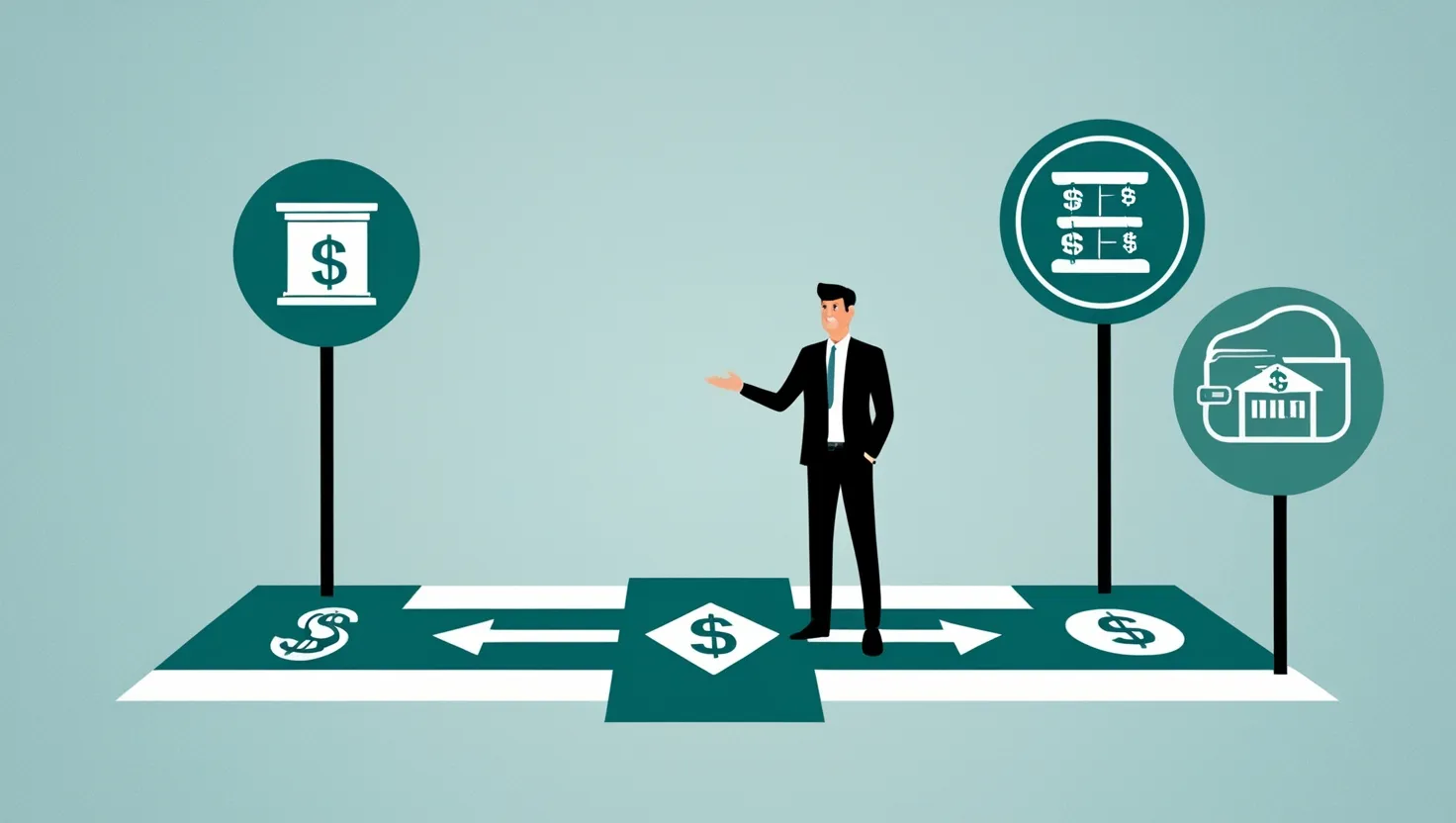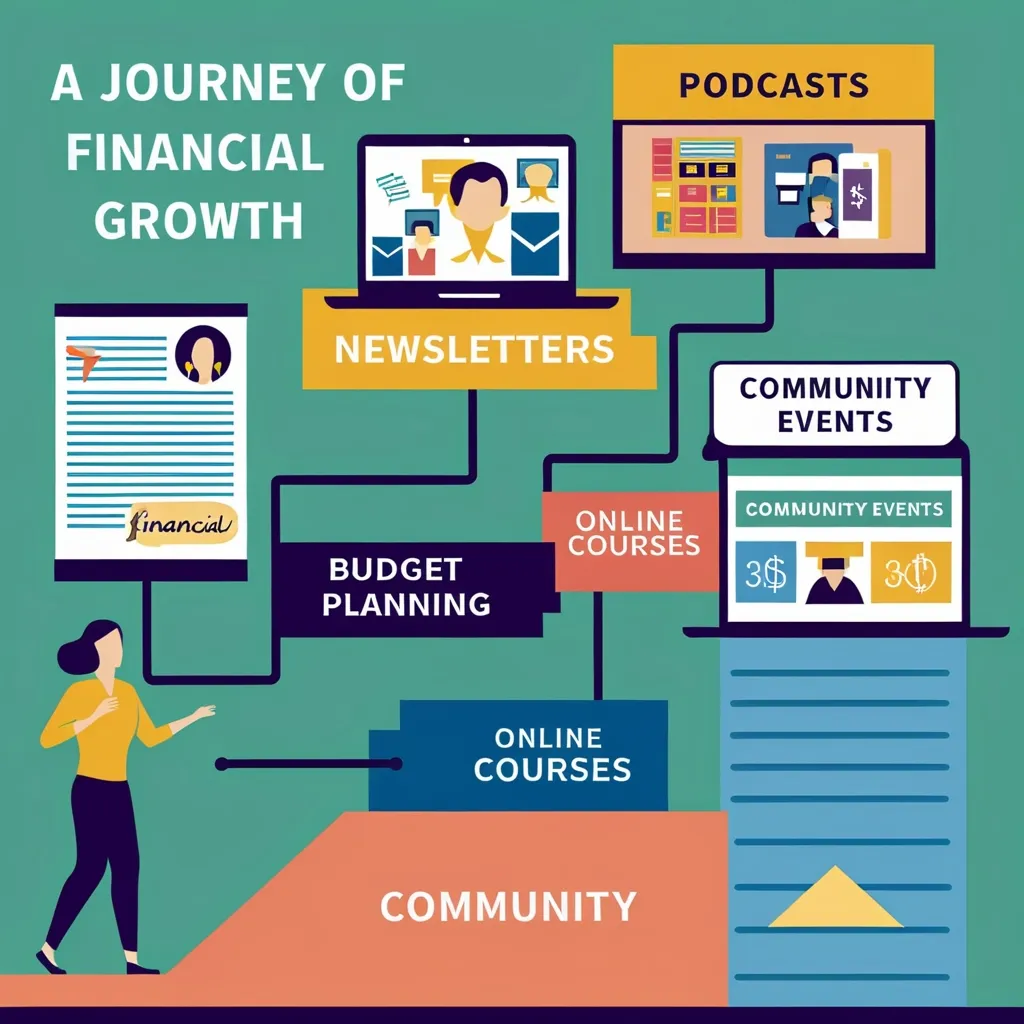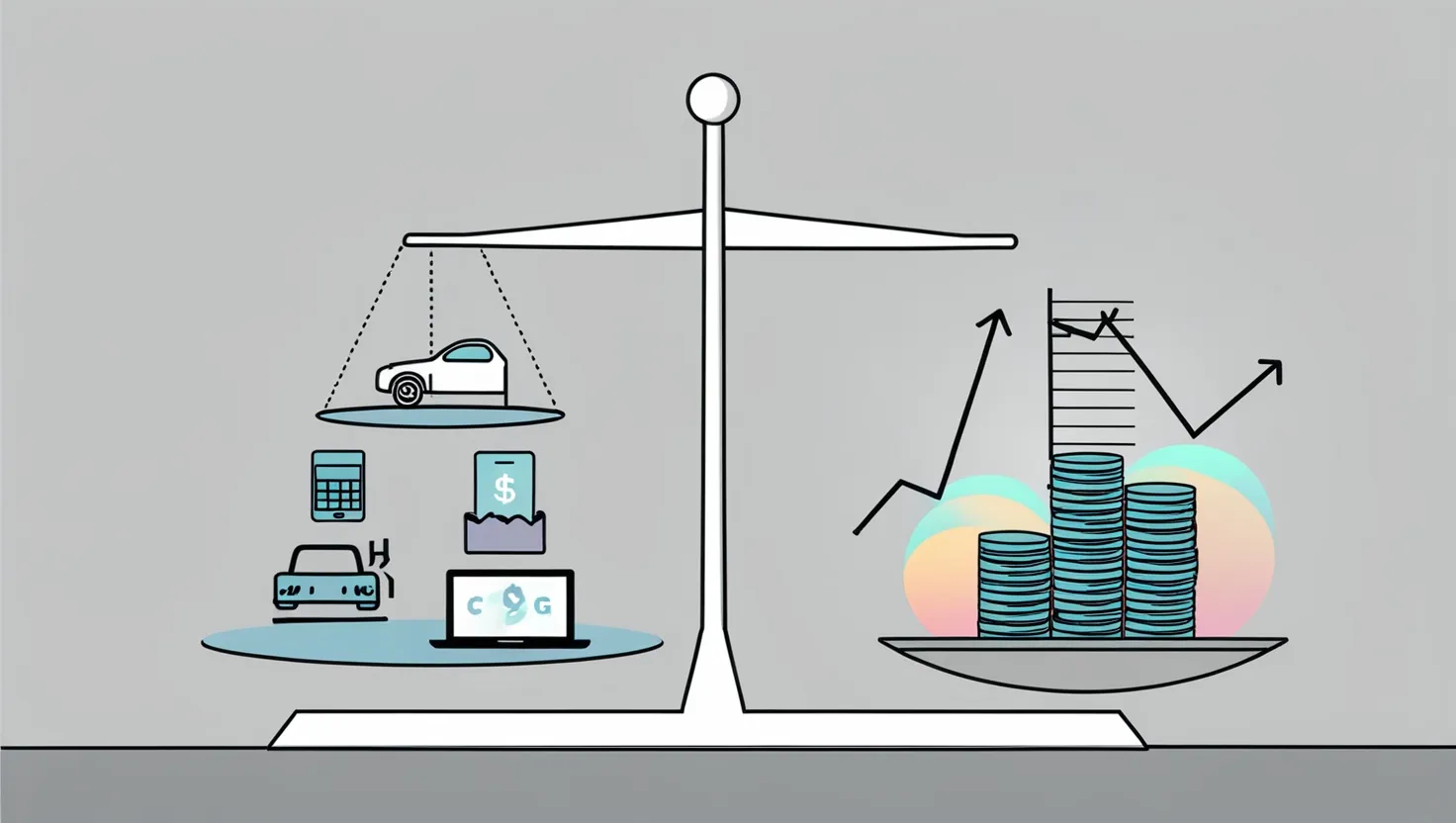Crafting a Budget That Sticks
Budgeting can feel like setting the sails on a ship - it positions you to steer toward your financial goals. Creating a budget isn’t just about jotting down where your money goes; it’s about fostering a sustainable plan that flows with your ambitions and day-to-day life. Let’s dive into some practical methods to shape an effective budget.
Finding Your Why
The excitement of budgeting can wear off quickly. So, take a moment to think about why you’re doing it. Is it to save up for that dream trip, own your first home, or simply have more control over your money? Keeping your reasons in sight fuels your motivation. Remember, budgeting is a skill you fine-tune over time. Be patient, make tweaks as needed, and don’t be afraid to shift your focus if your current plan isn’t working out.
Automate Your Savings
Automating your savings can be a game-changer. By setting up automatic transfers from your checking account to your savings, emergency, or investment accounts, you’re paying yourself before you even get the chance to spend. For example, if you pull in $2,000 a month, you might set up transfers like $750 for bills, $400 for daily expenses like groceries, and $400 straight into your savings. This way, you’re always working towards your goals without having to consciously think about it.
Get to Know Your Expenses
Your budget starts with understanding your expenses. Begin with your net income – what you bring home after all deductions. List your regular outgoings like rent, utilities, internet, subscriptions, and the trickier variable costs like groceries and gas. Having a clear view of these helps you plot a route you can follow.
Work with Multiple Accounts
Sometimes it helps to keep your finances organized by using multiple bank accounts. Imagine having a home base for your paycheck, a separate one just for bills, another for your emergency fund, and one more for short-term goals like vacations or big purchases. For example, your “bills account” takes care of fixed costs like mortgage and insurance with an extra buffer to keep things smooth.
Steer Clear of Impulsive Buys
Impulse buys can sneak up and throw a wrench in your plans. A simple trick is to wait 24 hours before splurging on non-essential items. This cool-off period can help you figure out if it’s really something you need or just a fleeting want. An old-school but effective strategy is the envelope system: assign cash to different expense categories. When the envelope’s empty, you know you’ve hit your limit.
Shop Smart
Before you hit the stores, make a list. This keeps you focused and wards off impulsive spending. Online shopping with in-store pickup is another nifty way to dodge unnecessary purchases. Plan your trips and distinguish between what’s essential and what isn’t to keep your spending on the path.
Prioritize Savings
Pay yourselves, pals! Treat your savings with the same urgency as your bills. As soon as the paycheck drops, move a portion to your savings or investments. This habit often works best with a pinch of automation - ensuring your savings goals are consistently hit without deliberation.
Accountability
Sharing your budgeting journey with family or a partner can add a layer of commitment. Working towards common financial goals helps everyone stick to the plan. Tools like spreadsheets or budgeting apps can be your allies to keep track of your expenses and share your financial progress.
See the Bigger Picture
Visual aids, like a calendar, can do wonders. Marking bill due dates and paycheck arrivals on a calendar crisps up your financial timeline. This vantage point makes planning easier, appearing as less stress-inducing, and adds a level of proactiveness to your finances.
Embrace Flexibility
Flexibility is the heartbeat of a robust budget. Life throws curveballs, and expenses pop up uninvited. Be ready to adapt and adjust your budget when needed. An emergency fund cushions these surprises, softening the impact on your overall plan.
Watch Every Dime
Tracking expenses consistently is crucial. Whether it’s a spreadsheet or a handy budgeting app, connecting to your bank account offers real-time insights into your spending habits. Spotting trends allows you to cut back in areas to stay aligned with your budget.
Keep It Simple
Budgeting doesn’t need to feel like quantum physics. Your budget should be a simple and helpful guide, not another stress factor. Whether you go for the good ol’ pen-and-paper or a techy digital spreadsheet, simplicity ensures sustainability in your financial journey.
By sticking to these straightforward and flexible steps, you build a budget that not only organizes your finances but also supports your long-term goals. Budgeting is a journey marked by learning and adapting. Stay patient, be flexible, and use your strategies wisely to navigate towards your financial aspirations.

